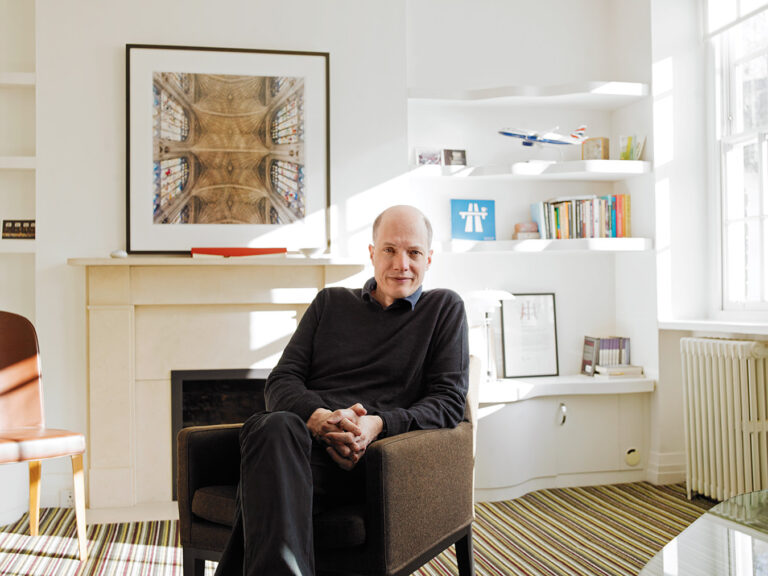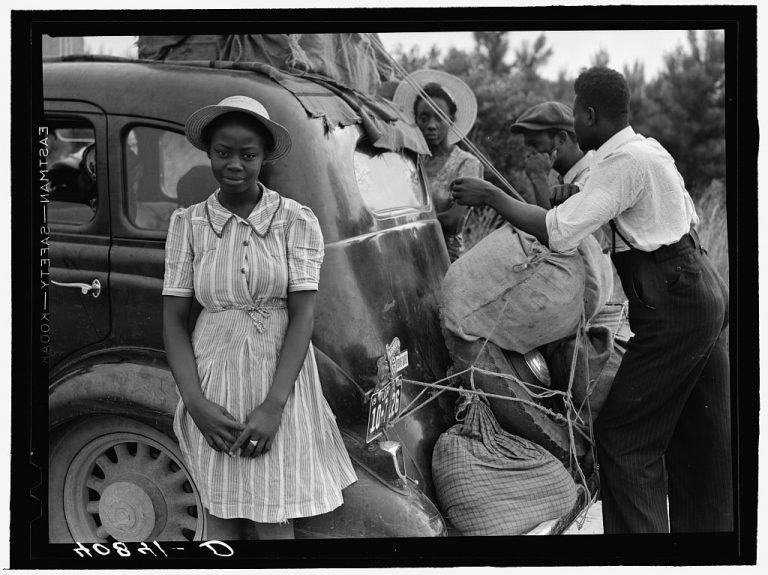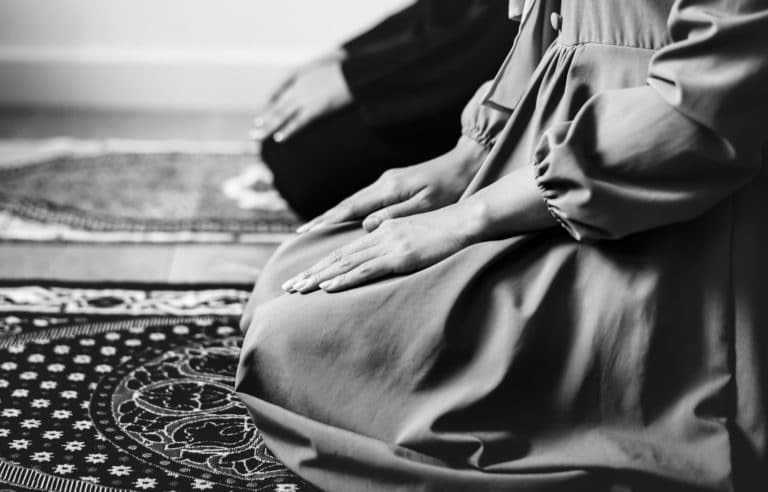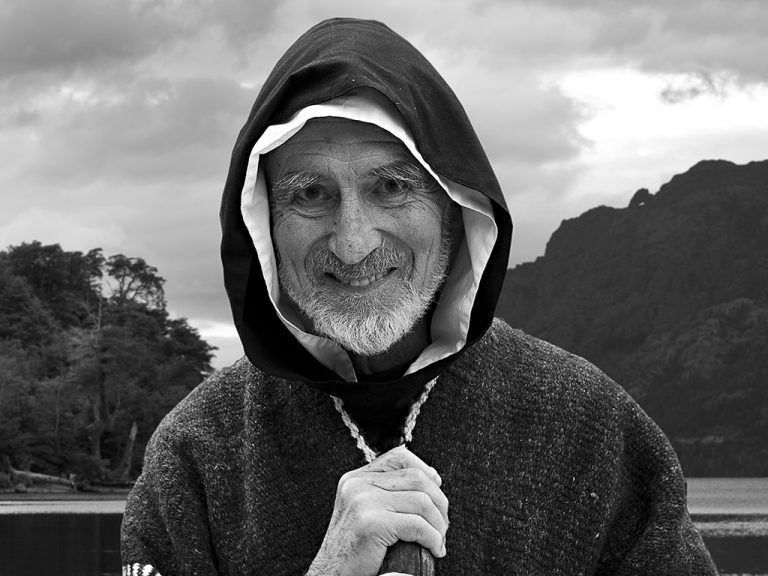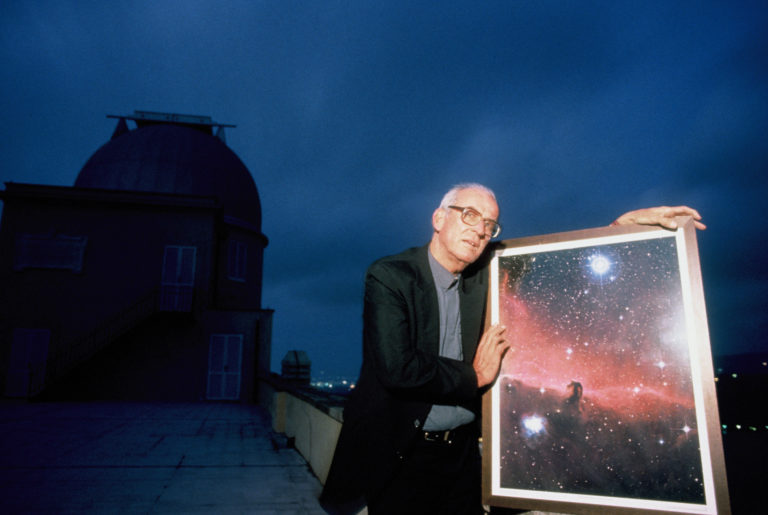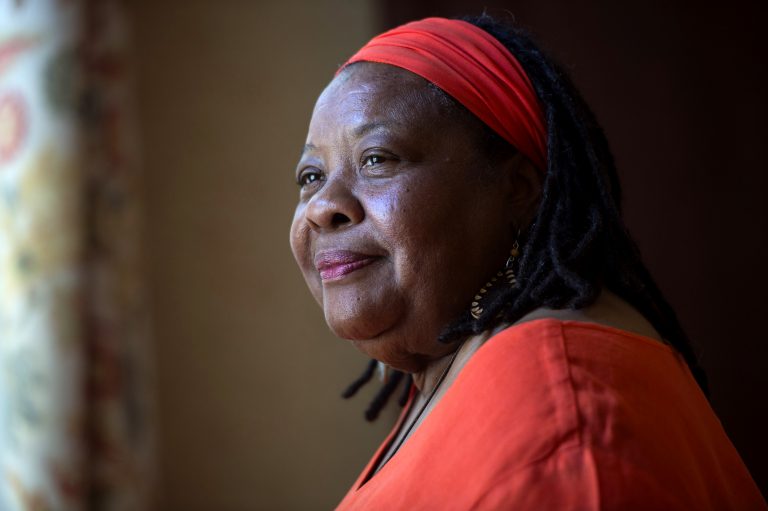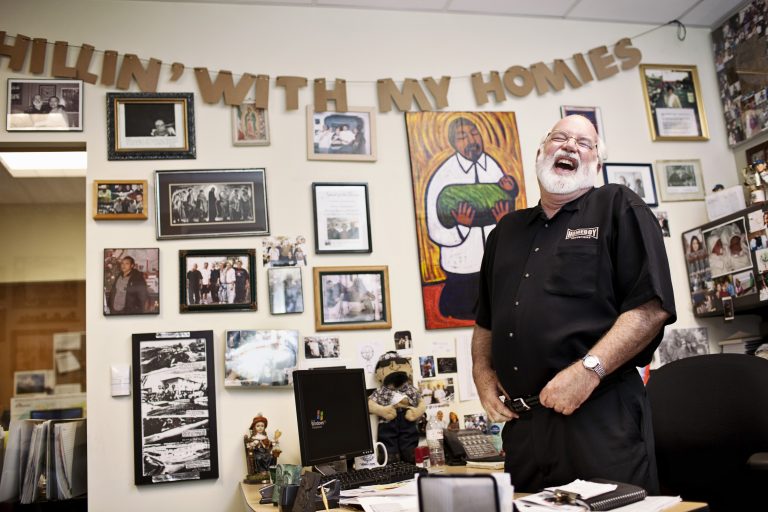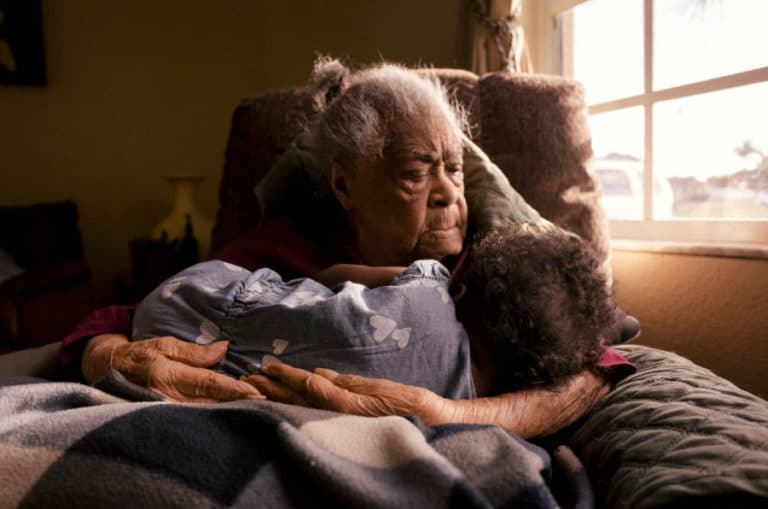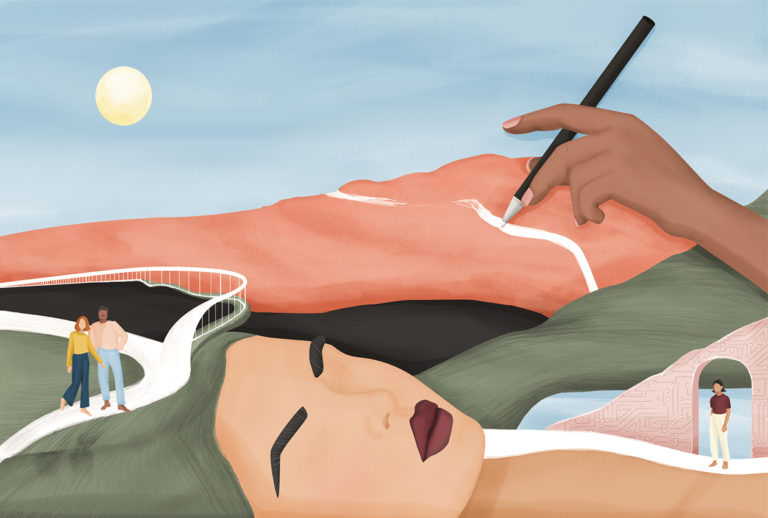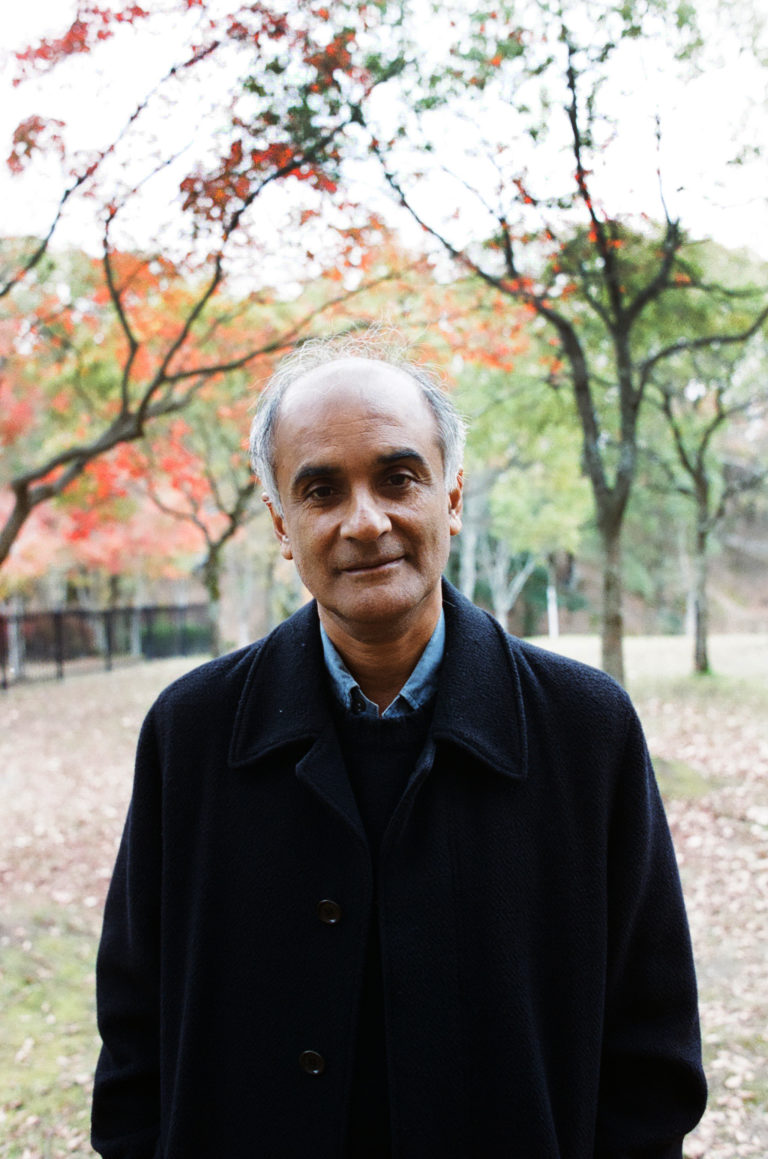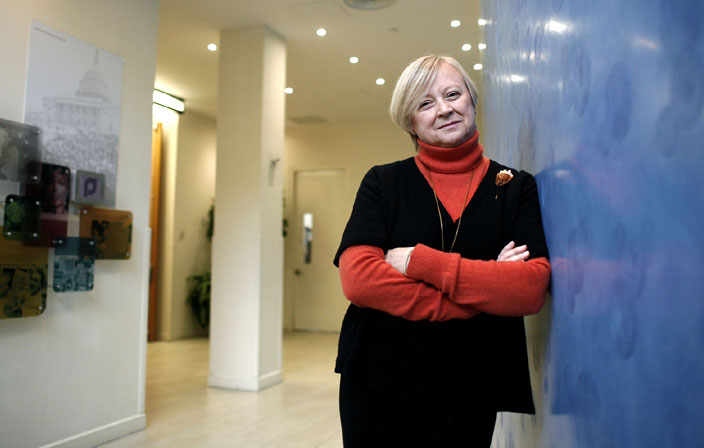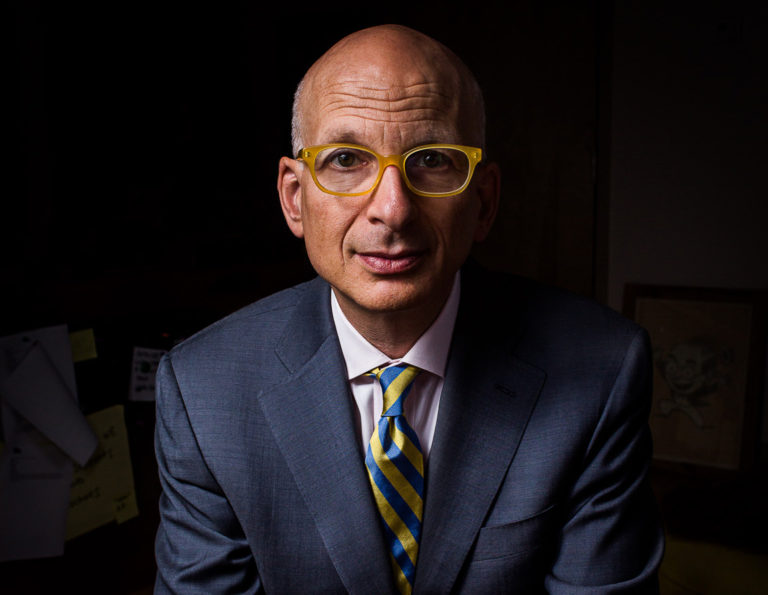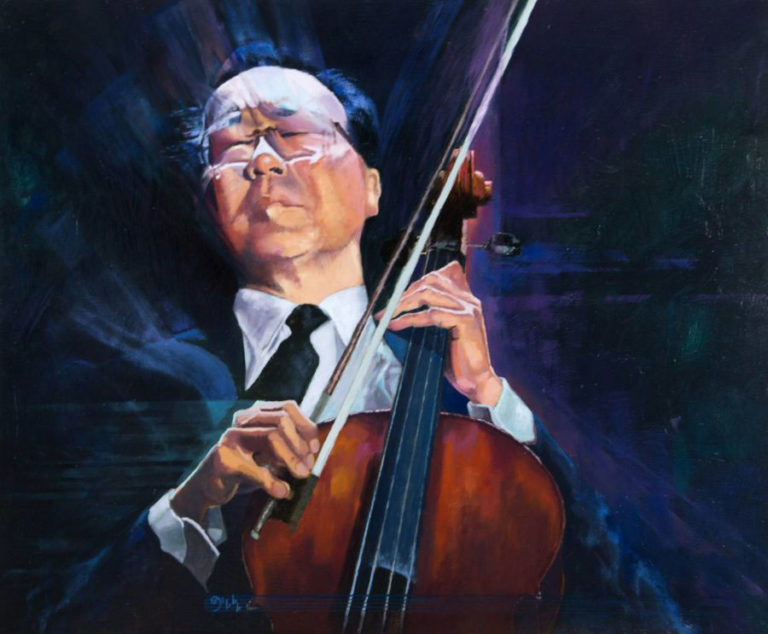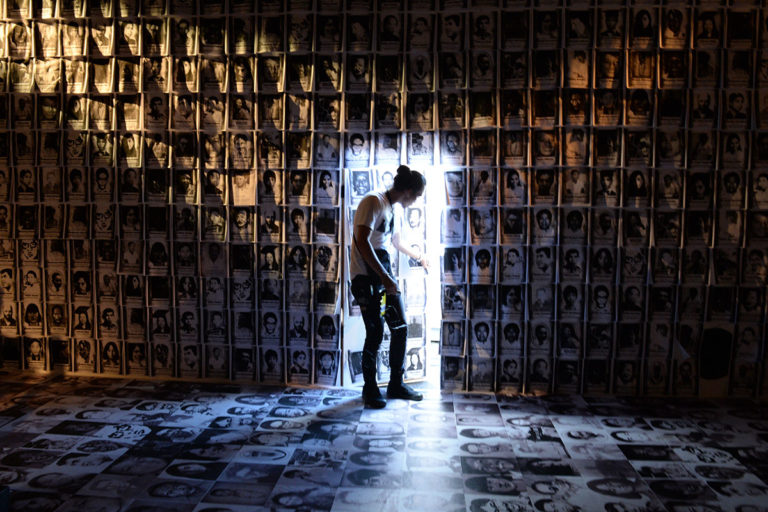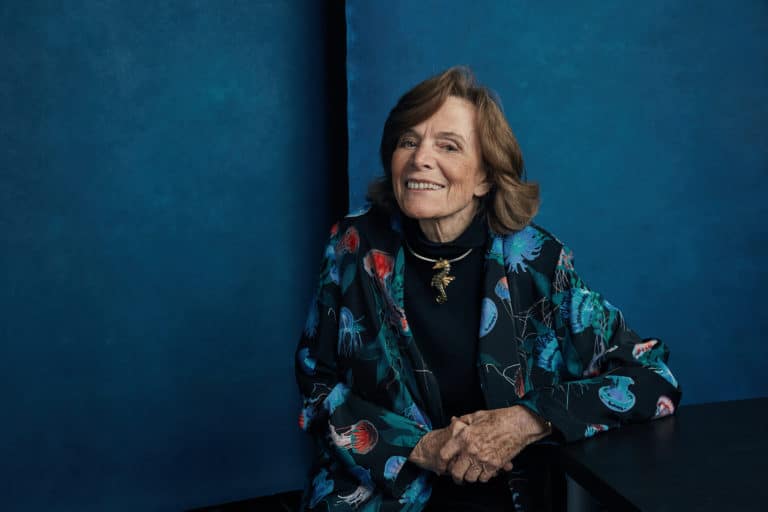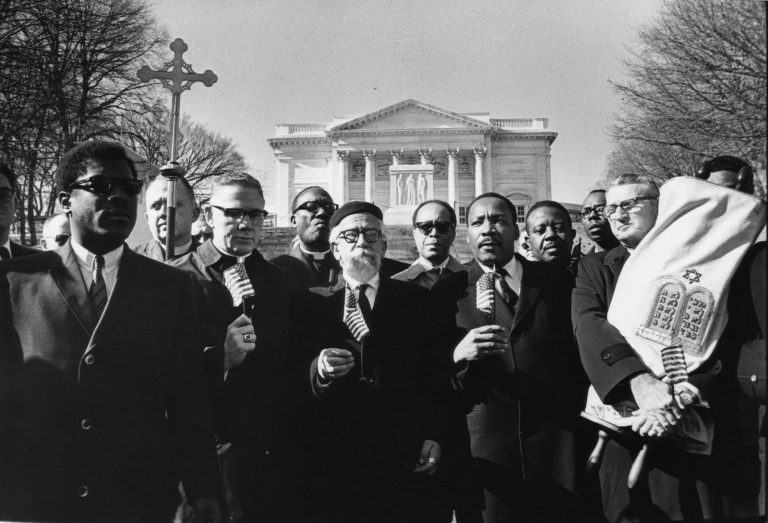February 11, 2021
Alain de Botton
The True Hard Work of Love and Relationships
As people, and as a culture, Alain de Botton says, we would be much saner and happier if we reexamined our very view of love. His New York Times essay, “Why You Will Marry the Wrong Person,” is one of their most-read articles in recent years, and this is one of the most popular episodes we’ve ever created. We offer up the anchoring truths he shares amidst a pandemic that has stretched all of our sanity — and tested the mettle of love in every relationship.
